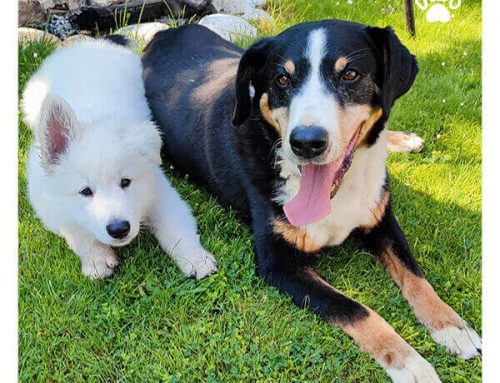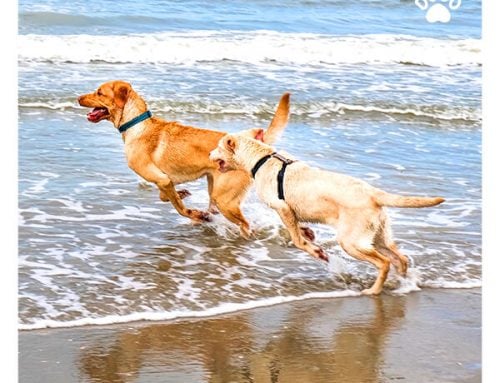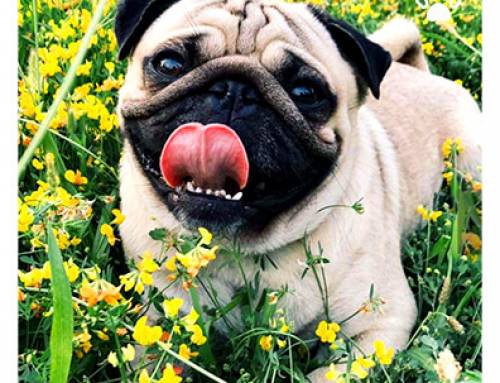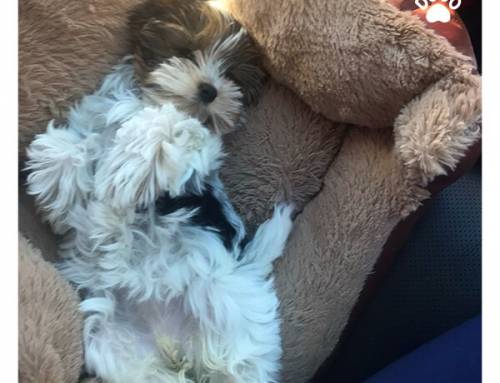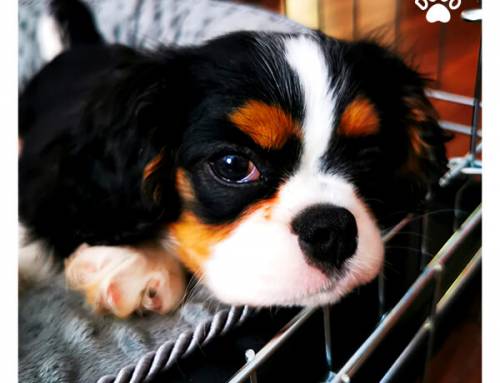
Understanding the Behavior
Before diving into remedies, it’s essential to understand why puppies engage in this behavior. Coprophagia can be triggered by a variety of reasons, including seeking attention, boredom, curiosity, or even a nutrient deficiency. In some cases, it can also be a learned behavior from their mother or other dogs in the household. It’s crucial to address the root cause to effectively tackle this habit. Consider observing your puppy’s environment and their interactions to identify potential triggers for coprophagia.
Ensure a Balanced Diet
One potential reason for coprophagia is a lack of essential nutrients in your puppy’s diet. Ensuring that your puppy is receiving a well-balanced diet with all the necessary nutrients can help deter this behavior. Consult your veterinarian to determine if your puppy’s current diet is meeting their nutritional needs. In some cases, adding supplements or switching to a different type of food may be recommended to address any deficiencies that could be leading to coprophagia.
Positive Reinforcement and Training
Implementing positive reinforcement techniques and basic training can also help curb coprophagia. When you catch your puppy avoiding the behavior, immediately praise and reward them with a treat or verbal praise. Positive reinforcement can help them associate not eating feces with receiving a reward, encouraging them to repeat the desired behavior. Additionally, basic commands such as “leave it” or “drop it” can be useful in redirecting their attention away from feces when outdoors.
Maintain a Clean Environment
Keeping your puppy’s living space clean is crucial in preventing access to feces. Regularly clean up after your puppy, especially in the yard and during walks. By removing feces promptly, you reduce the opportunity for your puppy to engage in this behavior. Additionally, consider using deterrent sprays or additives on feces to make them less appealing and discourage your puppy from consuming it.
Provide Mental and Physical Stimulation
Boredom and lack of mental stimulation can lead to undesirable behaviors such as coprophagia. Ensure your puppy is receiving ample mental and physical exercise to keep them engaged and fulfilled. Interactive toys, regular walks, and playtime can help alleviate boredom and reduce the likelihood of them turning to feces for entertainment.
Seek Professional Guidance
If your puppy’s coprophagia persists despite your efforts, it’s important to seek guidance from a professional. Your veterinarian can rule out any underlying health issues and provide tailored advice to address the behavior. They may also recommend working with a professional dog trainer or behaviorist to develop a comprehensive plan to tackle coprophagia effectively.
In conclusion, coping with a puppy’s coprophagia can be challenging, but with patience, consistency, and the right approach, this behavior can be managed. By understanding the reasons behind coprophagia and implementing appropriate remedies, you can guide your puppy toward healthier habits and a happier, more fulfilling life.


